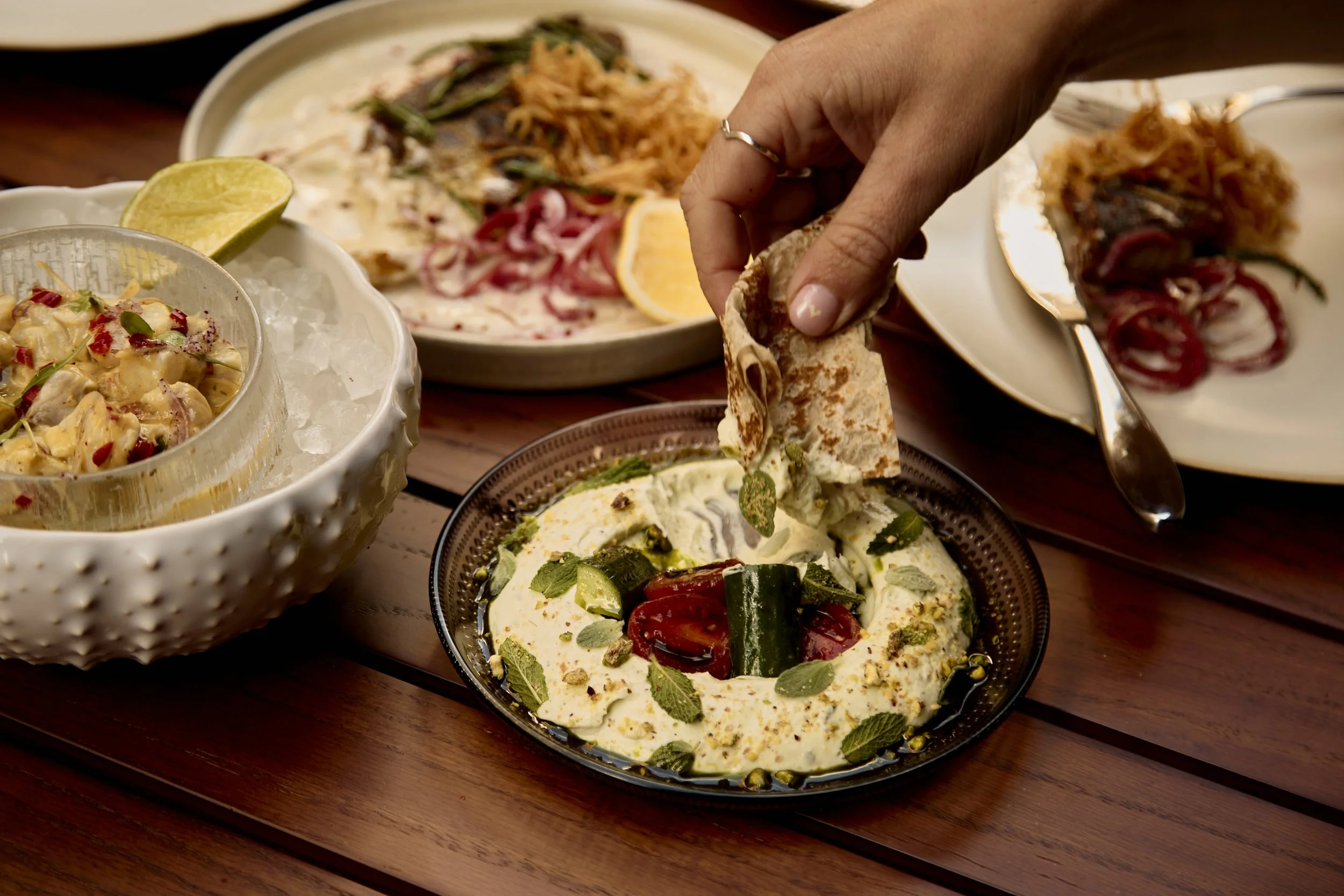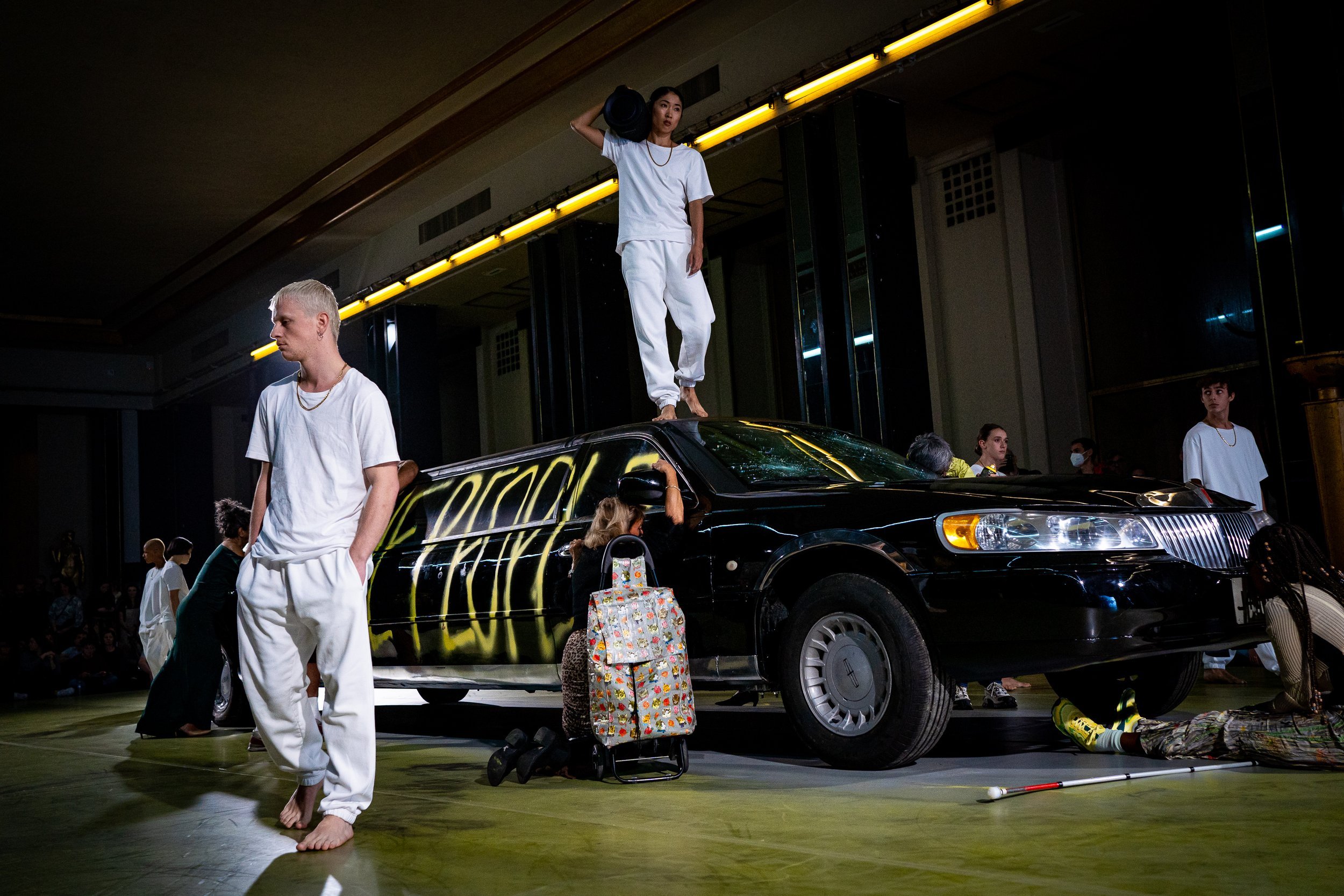Plastic Free July and beyond
And just like that we have come to the end of another Plastic Free July. This month-long initiative is a global movement, working to reduce the impact of single-use plastic on our environment and in our communities. From its inception in Western Australia in 2011, Plastic Free July has grown in influence globally – shouting from all corners of the globe that small eco lifestyle changes can collectively amount to a big difference.
Image: Marc Newberry
As the name suggests, the initiative centres upon refusing single use plastic all together, before looking into a responsible lifecycle of the product. Plastic as a material emerged at the dawn of the 20th century, yet it is estimated only 9% of all plastic ever created has been recycled. A small fraction of plastic is incinerated, but it is predicted almost 4 in every 5 plastic items historically has ended up in landfill.
We all know that to make the fastest progress in protecting our planet, change needs to come from big business and the corporate world, yet that can leave us feeling helpless as consumers. Plastic Free July on the contrary emphasises that changes as mundane and minute as swapping your shower gel for a bar of soap or ditching tea bags for loose leaf can edge us towards a greener future.
Over 250 million people took part in Plastic Free July globally in 2019, and last year the organisation launched a new website, focussing on solutions and knowledge sharing, their user research indicated that practical advice was one of the most powerful tools for inciting behaviour change. Following this, we wanted to share some tips and simple swaps for every day changes that can help to work towards a reduced plastic, if not a plastic free lifestyle.
Firstly, surface sprays for cleaning our homes are almost always presented in single-use plastic and get used up fairly rapidly. For a more environmentally friendly alternative you could buy a reusable spray bottle and make your own solution. Simple recipes can be found online requiring only products which can be sourced in glass bottles, often including high-proof vodka, white vinegar, water and essential oils of your choice for the smell. Making your own cleaning products can be kinder on your skin as well as the environment.
Next up is sanitary items. Whilst the obvious choice in terms of sustainability is a moon cup, if this isn’t quite your cup of tea (pardon the pun) there are many alternative eco options. Mondays Organic is a sanitary products brand which uses 100% organic cotton for their tampons, pads and pantyliners as well as being completely plastic free. Neither the packaging nor the product contains plastic and you can tailor your box to arrive at your door each month with your perfect period pack.
An increasingly popular product swap which can save you money in the long run, as well as saving the planet, is ditching wipes or cotton wool for removing make-up. The majority of wipes contain plastic resins, meaning they’re neither decomposable nor flushable. Instead reusable bamboo face pads can be used along with makeup remover, plus most brands also provide a laundry bag to clean the pads in the washing machine.
A final tip which is incredibly low-maintenance is simply looking out for the option when shopping online for your purchases to arrive packaging free. More companies than ever are beginning to offer this and your product will still arrive unscathed yet with minimal promotional packaging.
An incredible 326 million people across the globe participated in Plastic Free July this year, as individuals, community groups, schools and companies, contributing to a positive environmental impact. Whilst the various global lockdowns surrounding COVID-19 have eased pressure on the environment too, this is temporary and there is of course still a long way to go. The success of Plastic Free July seems to hinge on its concentrated four-week campaign, yet the ideas and principles can be become habitual and adopted year-long. For more information and ideas, we recommend visiting the Plastic Free July website or following their social channels.
Words by Ellie Weston











